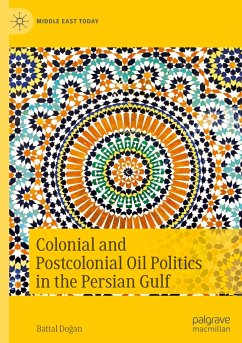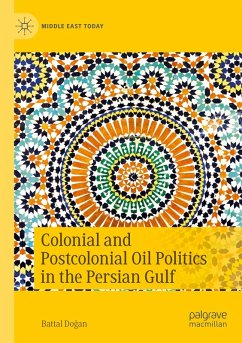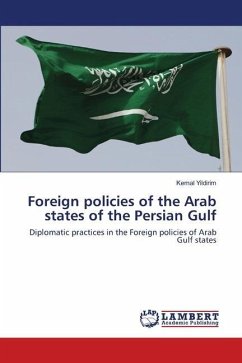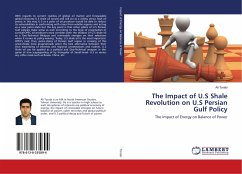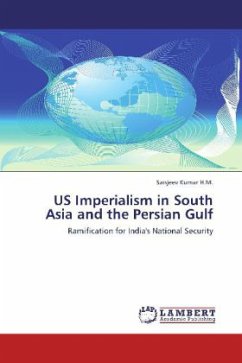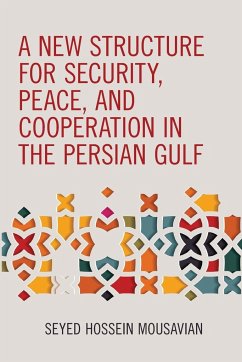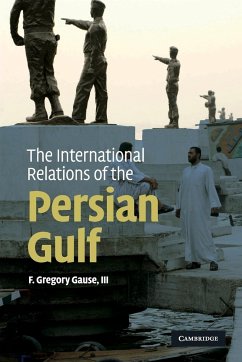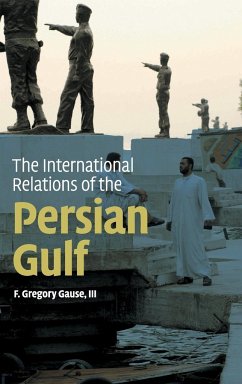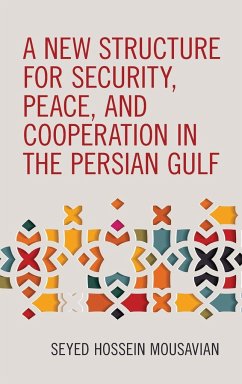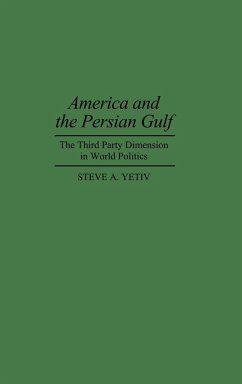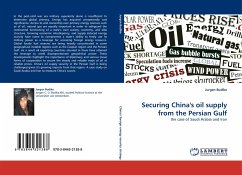
Securing China's oil supply from the Persian Gulf
the case of Saudi Arabia and Iran
Versandkostenfrei!
Versandfertig in 6-10 Tagen
39,99 €
inkl. MwSt.

PAYBACK Punkte
20 °P sammeln!
In the post-cold war era military superiority alone is insufficient to determine global primacy. Energy has acquired unexpectedly vast significance. Access to and ownership over primary energy reserves such as of oil, natural gas are equally important in order to safeguard the continental functioning of a state's own society, economy, and elite structure. Growing economic interdepency, and supply induced energy scarcity have come to compromise a state's ability to freely use its military power as a leverage for accessing foreign energy resource. Global fossile fuel reserves are being heavily c...
In the post-cold war era military superiority alone is insufficient to determine global primacy. Energy has acquired unexpectedly vast significance. Access to and ownership over primary energy reserves such as of oil, natural gas are equally important in order to safeguard the continental functioning of a state's own society, economy, and elite structure. Growing economic interdepency, and supply induced energy scarcity have come to compromise a state's ability to freely use its military power as a leverage for accessing foreign energy resource. Global fossile fuel reserves are being heavily concentrated in some geographical instable regions such as the Caspian region and the Persian Gulf. As a result oil exporting countries situated in there have attained the leverage to wield disproportionate geopolitical power. These developments highlight the importance of diplomacy and various (new) forms of cooperation to secure the steady and reliable trade of oil at reliable prices. China's oil supply security in the Persian Gulf is being challenged given it's growing imports from that region. A case study on Saudi Arabia and Iran to measure China's succes.



